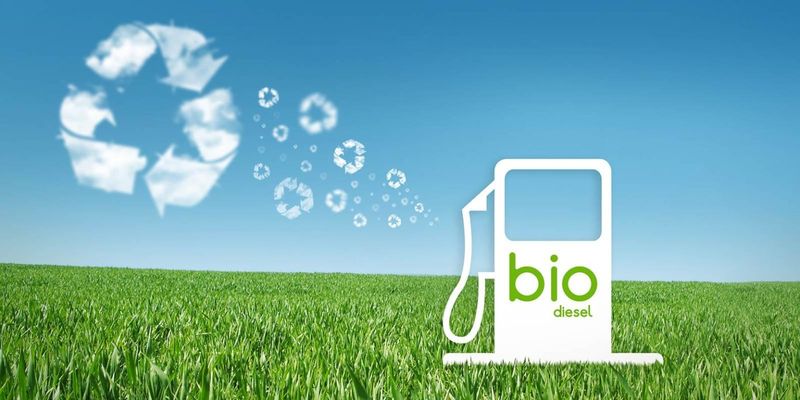Brazil’s Biodiesel Blend Will Increase From B12 to B14 in March

Brazil is poised to increase the amount of vegetable oil blended into biodiesel fuel. The amount of vegetable blend will go from the current 12% (B12) to 14% (B14) in March. From that point forward, the blend percentage is expected to increase at least 1% annually. Some major companies in Brazil such as Amaggi and JBS, are being more aggressive and converting their transportation fleet to 100 vegetable oil (B100).
The increased blend will help reduce greenhouse gas emissions, reduce pollution in urban areas, increase the demand for a value-added product such as soybean oil, and reduce the imports of petroleum diesel. In 2023, imported diesel accounted for 24.9% of the diesel consumed in Brazil and that is expected to decline to 20.9% in 2024.
The 2% increase of vegetable oil blended into biodiesel will increase the demand for soybean oil, which is the principal vegetable oil used in biodiesel. The demand for soybean oil blended into biodiesel is expected to grow from 5.8 million tons in 2023 to 7.4 million tons in 2024, or an increase of 27.5%
In 2022, vegetable oil accounted for 78.8% of oil blended into biodiesel and that increased to 82.2% in 2023 and it could go as high as 89% in 2024. The other products used to make biodiesel include beef tallow and used cooking oil. JBS for example, will use beef tallow from one of their beef processing facilities to fuel part of their truck fleet.
Read also
Abbey Commodities – General Partner of BLACK SEA GRAIN.KYIV-2026
Black Sea & Danube Barley Market at a Turning Point: Demand Pressure and Regi...
US Supreme Court rules Trump’s emergency duties illegal
Mercosur: Protective measures for European agriculture
US makes concessions on pulses in new trade deal with India
Write to us
Our manager will contact you soon



